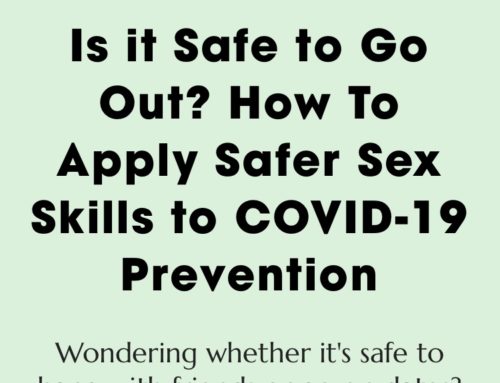I’ve had a sexual concern for the longest time: I have trouble feeling orgasm during sex and masturbation. At first I thought it might be my partner not knowing my spots too well, but I realized I’ve never had any ejaculations by myself either. I’m worried that my body isn’t sensitive enough to feel orgasm and that’s why I can’t be sexually satisfied.
My summer beach book has been Come as You Are, the brilliant New York Times best seller about female sexuality and sexual response by Smith College wellness education director, PhD, and smart sex educator Emily Nagoski. As someone who writes and reads and teaches about sex for a living, I’m all “Oh, another sex book? Whatevs,” but Nagoski’s book has re-inspired me about the hows and whats of female orgasm.
Nagoski highlights the crushing pressure of the female-pleasure-phobic world we live in and how it comes to hinder our coming. I don’t want to give away too much because you (and everyone who either owns or touches a clitoris) should read it, but I want to draw attention to the book’s exploration of the context in which women come.
Thinking about sexy, orgasmic context might bring to mind mood music, candles, a hot partner, maybe a favorite vibrator. This might make a dent, but more importantly, women need to consider their mental context (stressed about work? parenting children?), physical context (PMSing? managing chronic pain?), environmental context (worried about waking the neighbors? the baby?), relational context (is this partner trustworthy? is consent actively practiced?) and then, THEN there’s the social context, which pushes down on women in big in small ways, labeling some women as “sluts” if they enjoy sex, “frigid” if they don’t, and, in your case, BBB, “broken” if their sexual response doesn’t match that of their partners.
The sexual response of male bodies and brains has been more widely studied mostly because their orgasms make the babies and their sexuality is socially sanctioned. Because of this, female sexual response is compared to male sexual response; if our orgasms don’t follow the same path as their orgasms, we must be broken…continue reading…


